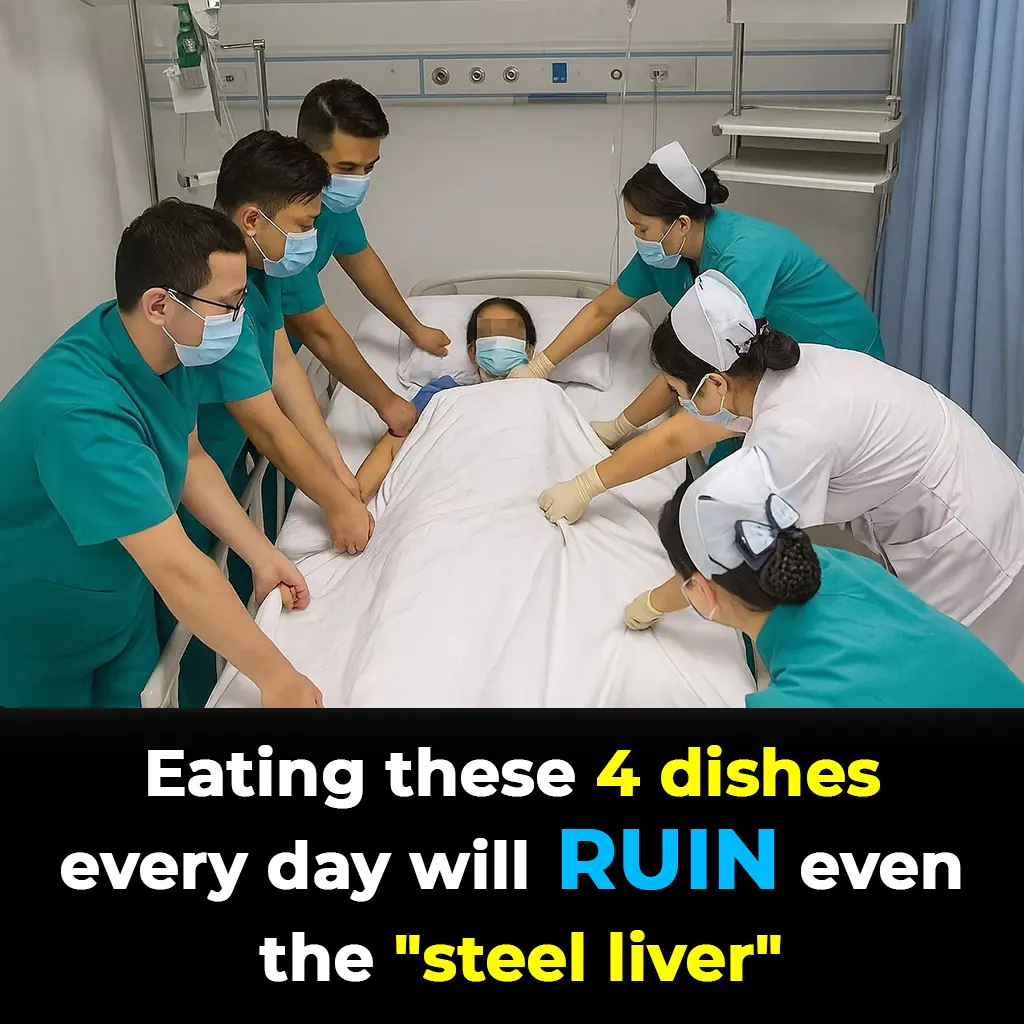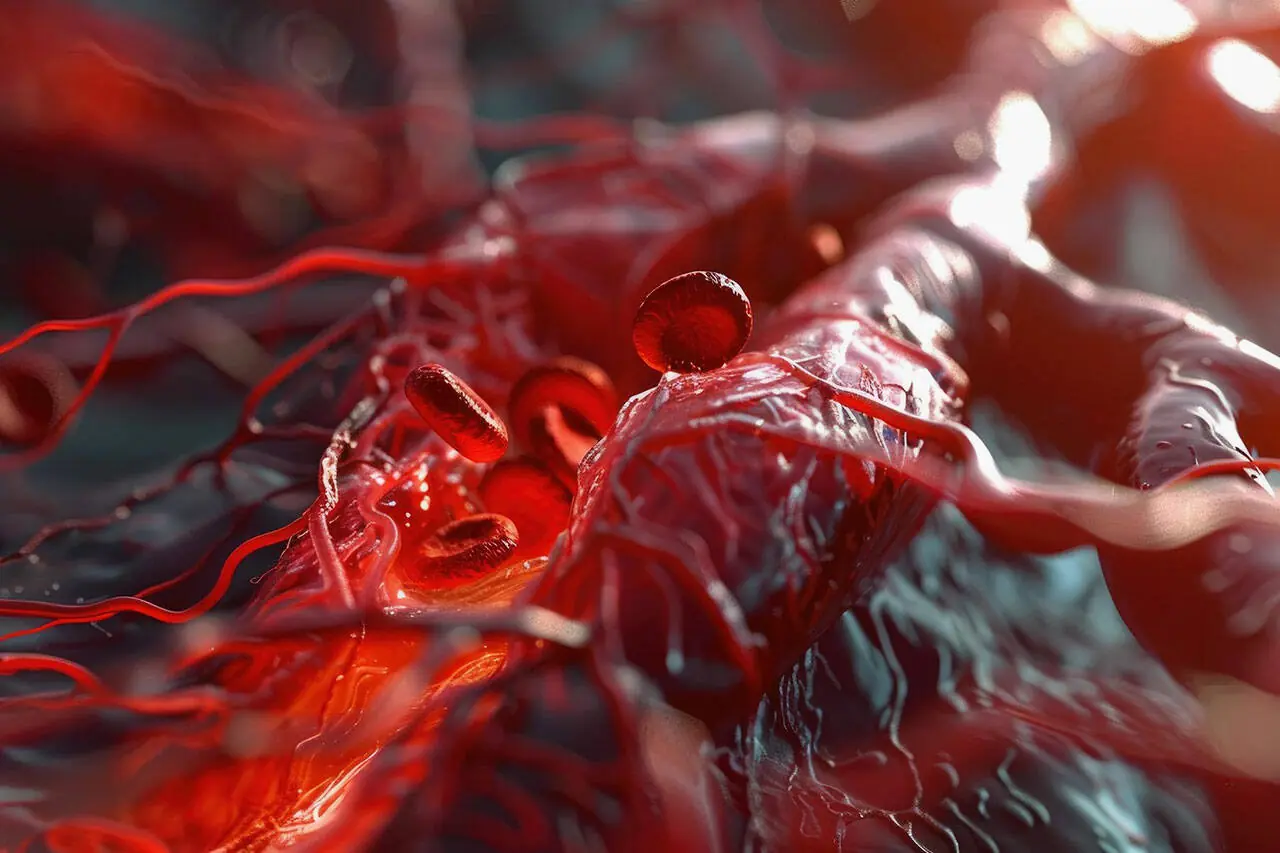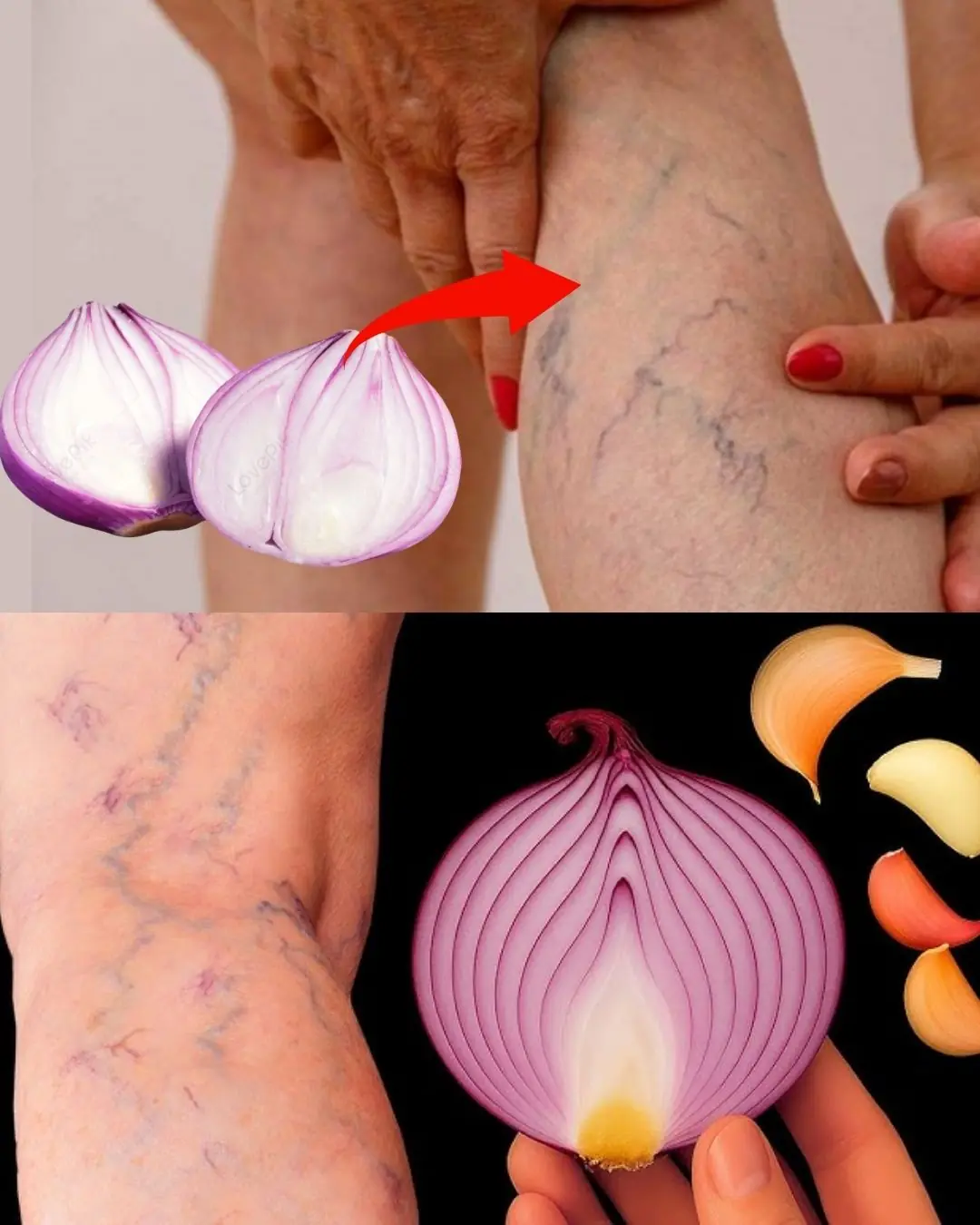
Groom-To-Be, 28, Dies of Acute Liver Failure After Eating Chicken: Doctors Urge the Public to Beware of This Hidden Danger
On May 17, Chinese media widely reported the heartbreaking case of Mr. Ma, a 28-year-old man from Shandong Province. Known among friends as healthy and full of life, Ma had been planning to marry on May 8. Instead, he spent his final days battling severe liver failure brought on by food poisoning, eventually passing away on May 15 in the hospital.
Photographs from the intensive care unit showed the once-vibrant young man lying unconscious, his body overwhelmed by toxins. What was meant to be a season of joy turned into a devastating tragedy for his family.

Image for illustration purposes only
The Fatal Meal
According to reports, Ma developed fever and headache on April 29 after eating a large portion of chicken that had either been infected with avian disease or left overnight in unsafe conditions. Believing it was just a mild illness, he self-medicated with amoxicillin, ibuprofen, and herbal remedies, which temporarily lowered his temperature. Thinking he was recovering, Ma ignored the warning signs.
Soon after, however, his health collapsed. He developed abdominal bloating, overwhelming fatigue, and eventually lost consciousness. Doctors diagnosed acute liver failure and hepatic encephalopathy—a form of brain dysfunction caused by toxins accumulating in the bloodstream when the liver shuts down. On May 7, he was moved to intensive care, where he received plasma transfusions and advanced supportive treatment, but his liver could not recover.
Family Suspicions
Relatives suspected that the chicken he ate was either undercooked, contaminated, or carried harmful pathogens. Another possibility was that the animal itself had consumed toxic substances. Whatever the cause, the result was catastrophic food poisoning that his body could not overcome.
Typical Symptoms of Food Poisoning
Foodborne illness usually begins with digestive symptoms, often appearing within an hour of consuming contaminated food. These include abdominal pain, nausea, vomiting, and diarrhea—the body’s natural way of rejecting harmful substances. In more severe cases, additional signs such as dizziness, cold sweats, weakness, and fainting may appear.
Doctors emphasize that if you experience vomiting or diarrhea after eating questionable food, you should immediately stop eating the suspected source. Mild cases often resolve on their own with hydration, rest, and lighter meals. However, severe cases require urgent medical attention, as they may quickly escalate into dehydration, organ damage, or even acute liver failure, as in Ma’s case.

Why Summer Brings Higher Risks
Summer is considered the peak season for foodborne illnesses. High heat and humidity provide ideal conditions for bacteria, viruses, and molds to multiply rapidly. Without proper food safety practices, even seemingly fresh meals can become dangerous in just a few hours.
Five Golden Rules for Food Safety
Health experts stress that food poisoning is largely preventable if the following five principles are followed:
- Keep Food Clean
Wash hands and kitchen tools regularly. Dirt and bacteria on utensils or surfaces can easily contaminate meals. - Separate Raw and Cooked Foods
Avoid cross-contamination by using different chopping boards and knives. Never store raw meat and ready-to-eat foods together. - Cook Thoroughly
Heat destroys most pathogens. Meat, poultry, eggs, and seafood should be fully cooked, not just partially heated. Foods such as beans or mushrooms must be cooked until safe to eat. - Store at Safe Temperatures
Leftovers should be covered, refrigerated promptly, and consumed quickly. Do not leave cooked food at room temperature for extended periods, especially in summer. - Use Safe Water and Ingredients
Wash fruits and vegetables carefully, soak produce when necessary, and check for pesticide residues. Always look for production dates and expiration dates on packaged foods, avoiding expired or suspicious items.
Recognizing Spoiled Food: Color and Smell Are Key
- Color: Spoiled food often appears darker than fresh food—such as tofu turning yellow, watermelon flesh darkening, or apples developing brown spots.
- Smell: Spoiled foods lose their natural aroma and emit sour, rotten, or foul odors. For example, spoiled milk, rice, and bread produce an unpleasant acidic smell.
Expert Reminder
Doctors warn that Ma’s tragic case could have been avoided with better food safety awareness. Food poisoning should never be underestimated—it can range from mild stomach upset to fatal organ failure. By practicing good hygiene, cooking food thoroughly, and paying attention to freshness, families can protect themselves from preventable tragedies.
News in the same category


New mRNA Shot Turns Immune Cells Into Cancer-Killers Directly Inside the Body, Study Finds

He Never Drank Alcohol but Died of Liver Failure: Doctors Reveal 4 Common Foods That Quietly Destroy the Liver
A man who stayed away from alcohol his entire life shocked his family when he was diagnosed with liver failure and passed away at just 55 years old. Doctors warn that alcohol is not the only enemy of the liver—certain everyday foods can be just as destr

Why You Shouldn’t Be Washing Bath Mats in the Washer

Snakes in Your House

3 Hidden Husband Habits That Could Raise Their Wives’ Cervical Cancer Risk
Husbands may not always realize it, but their daily choices play a huge role in shaping their wives’ long-term health.

Why Is It Not Recommended To Hang Out The Clothes Outside

Research Shows Chocolate Milk is More Effective Than Energy Drinks

When Goosebumps May Be a Warning Sign

Effective Methods to Keep Ginger Fresh for Extended Periods

The Truth About Eating the Black Vein in Shrimp Tails

Steps to Take When Your Adult Children No Longer Show Respect

5 Most Common Deathbed Regrets, According to Palliative Care Nurse

Robert F. Kennedy is Reportedly Pushing to Ban All Sodas & Candy From U.S. Food Stamp Benefits. Thoughts?

Donald Trump Asks Supporters To Donate $15 To ‘Get Him To Heaven’

Why Are Mirrors Commonly Installed in Elevators? The Unexpected Benefits of Elevator Mirrors

9 things you should never plug into a power strip

The Spiritual Meaning of Black Butterflies Entering Your Home Revealed
Black butterflies carry meanings that are as complex as they are beautiful.
News Post

MAHA Chief Medical Advisor Dr. Aseem Malhotra Just Declared That No One Should Have Ever Taken the COVID mRNA Vaccines.

New mRNA Shot Turns Immune Cells Into Cancer-Killers Directly Inside the Body, Study Finds

One Vitamin That Could Transform Your Circulation

Why Cold Showers on Hot Summer Nights May Keep You Awake

Lesser-Known Menopause Symptoms

Signs Your Cortisol Is Dangerously High

Genius Laundry Hack: Why Putting an Empty Plastic Bottle in Your Washing Machine Can Save Time and Hassle
It may sound strange, but dropping a simple empty plastic bottle into your washing machine could completely change the way you do laundry. This clever trick not only prevents clothes from tangling but also improves the overall cleaning process, making you

How long should frozen meat be thrown away? Here's the answer.

Put a Roll of Toilet Paper in the Fridge Overnight: The Unexpected Hack That Saves Families a Fortune
A simple household item can become a powerful money-saving tool if you know how to use it wisely. Believe it or not, placing a single roll of toilet paper inside your refrigerator overnight can help reduce odors, prevent frost buildup, and even cut down y

This is the reason why you should plant aloe vera in your home right away.

He Never Drank Alcohol but Died of Liver Failure: Doctors Reveal 4 Common Foods That Quietly Destroy the Liver
A man who stayed away from alcohol his entire life shocked his family when he was diagnosed with liver failure and passed away at just 55 years old. Doctors warn that alcohol is not the only enemy of the liver—certain everyday foods can be just as destr

Vitamin D Overdose: When Good Intentions Turn Toxic
Vitamin D is often celebrated as the “sunshine vitamin,” vital for bone strength, immune health, and even protection against certain chronic diseases. But while moderate amounts are essential, excessive or unsupervised intake can be toxic—and in som

6 Types of Pain You Shouldn’t Ignore
Occasional mild discomfort may not require urgent care, but sudden, unexplained, or severe pain always deserves medical attention.

Why You Shouldn’t Be Washing Bath Mats in the Washer

Snakes in Your House

Sessile Joyweed (Alternanthera sessilis): 6 Incredible Health Benefits and How to Use It Naturally

Top 5 Amazing Tips for getting rid of Blackheads and Whiteheads

✨ Unbelievable! This Is a Vein Killer! Erase Varicose Veins Like an Eraser! 🔝 2 Natural Recipes 🤩
